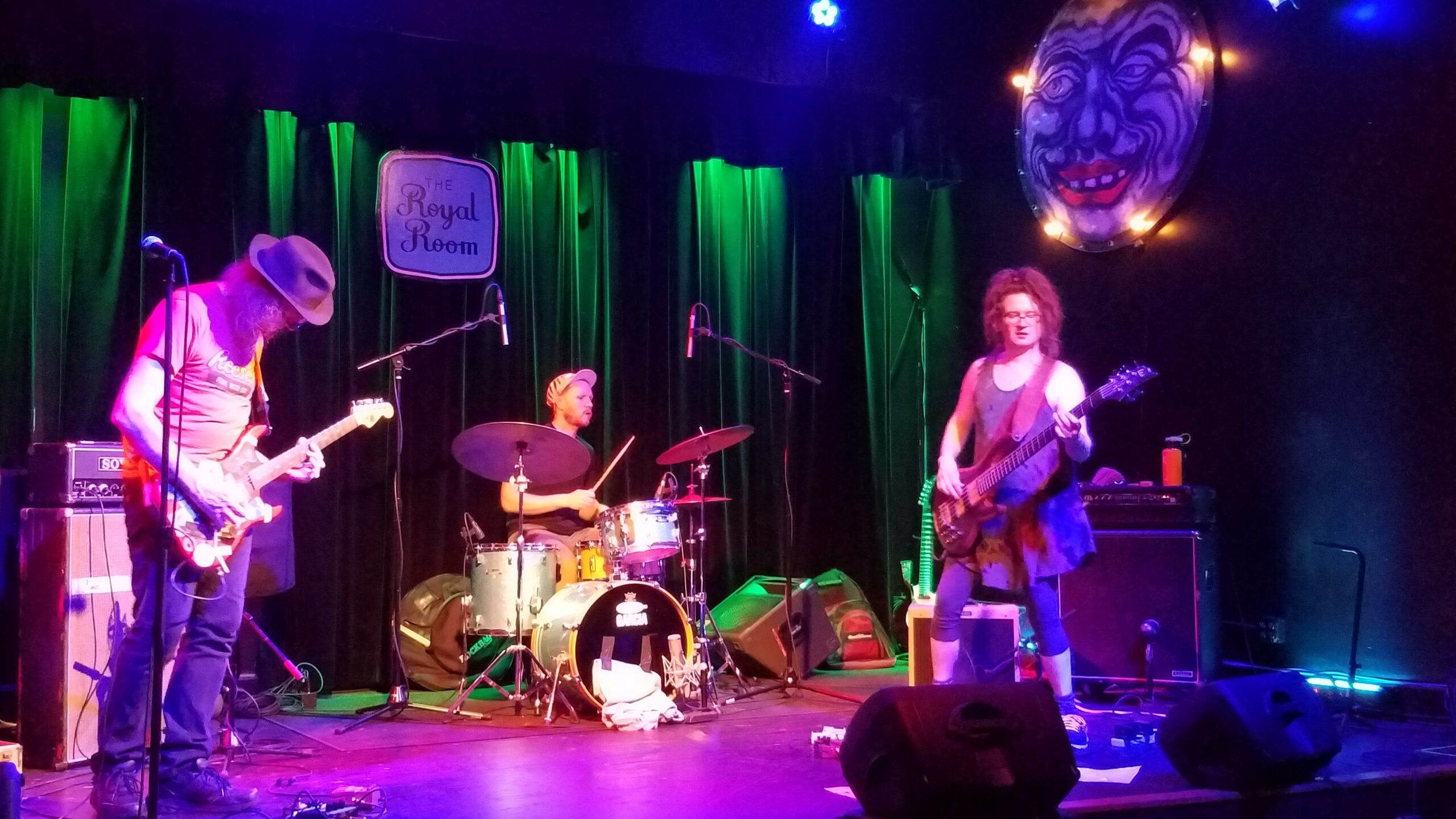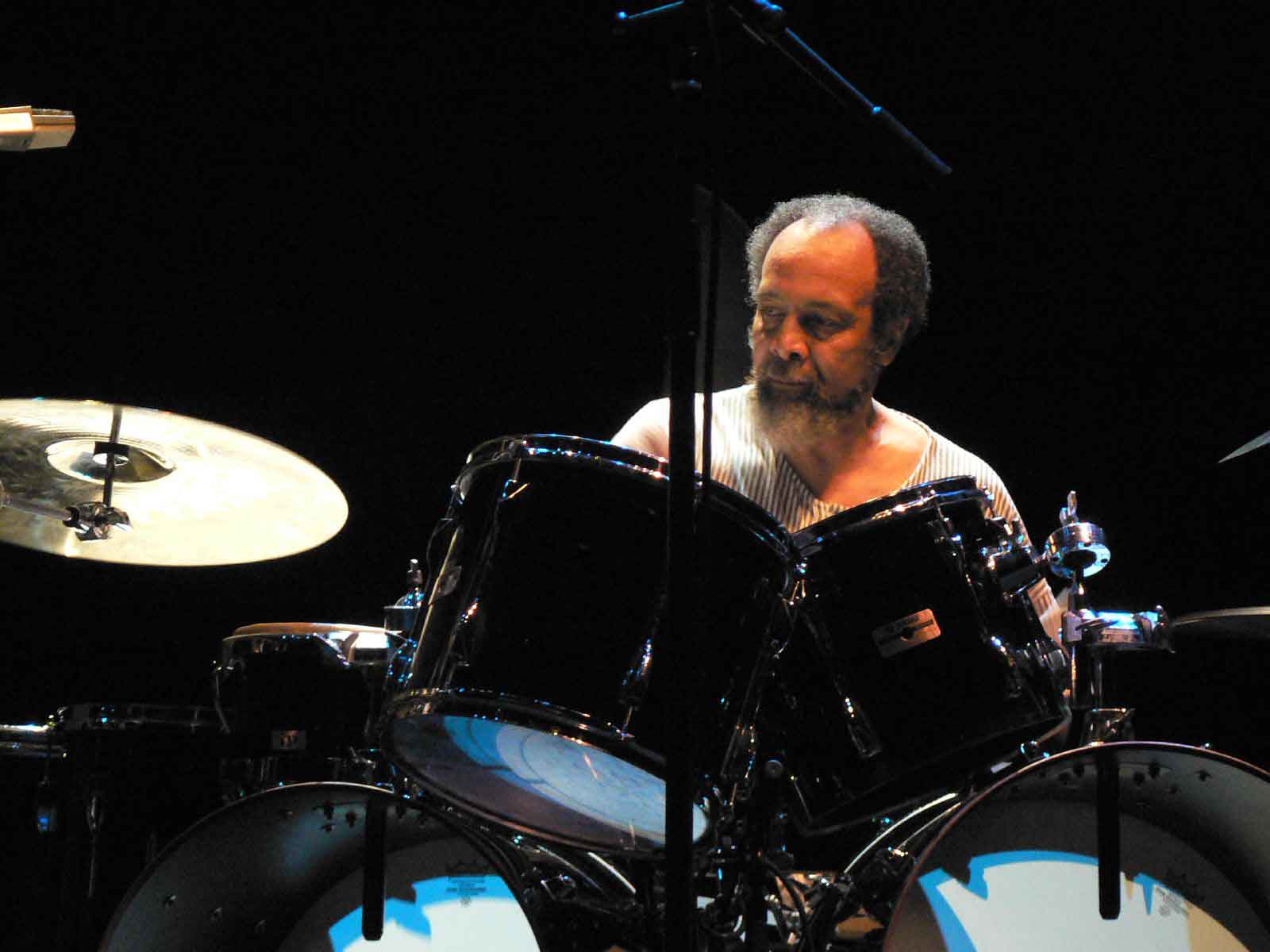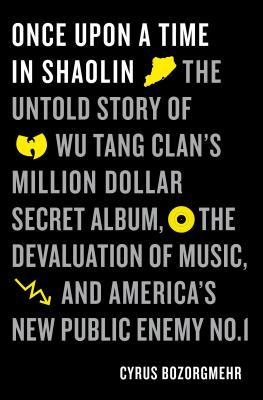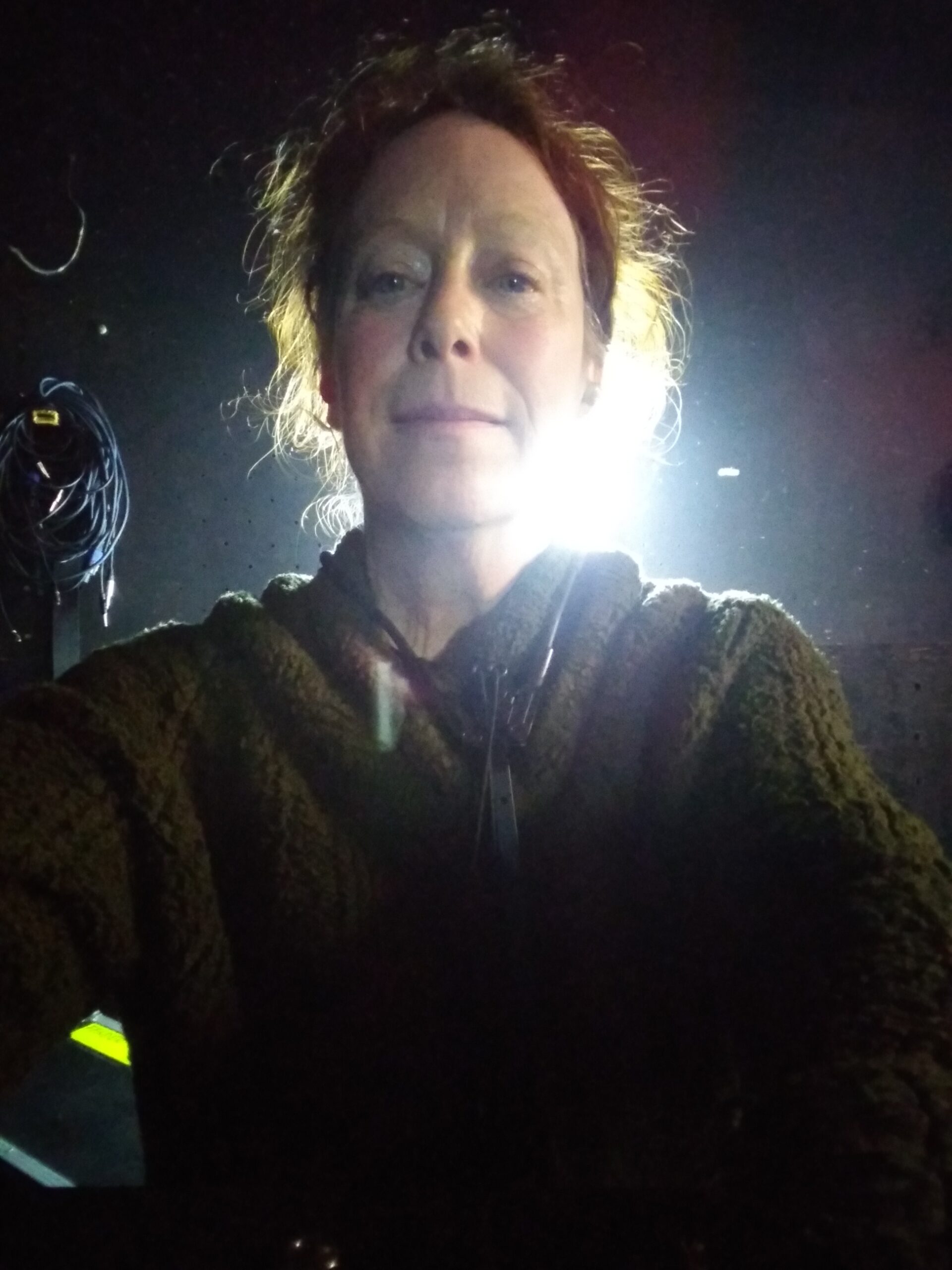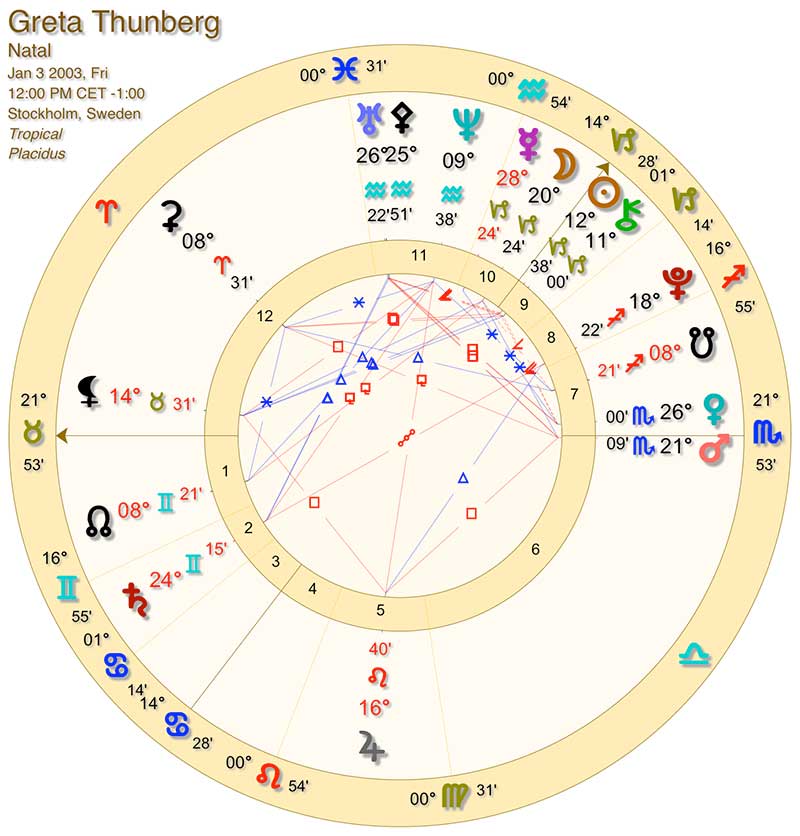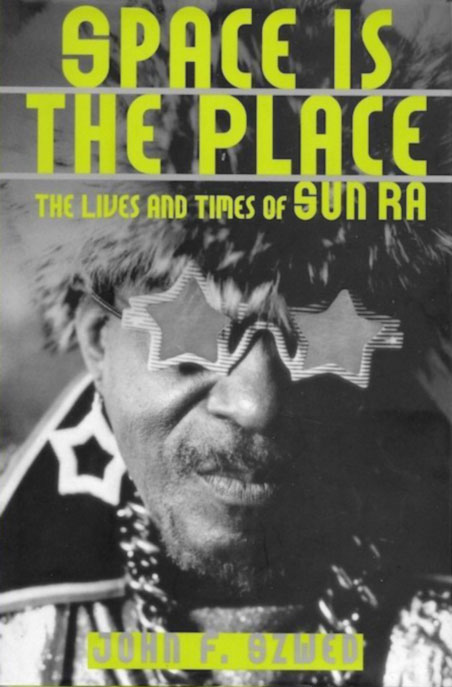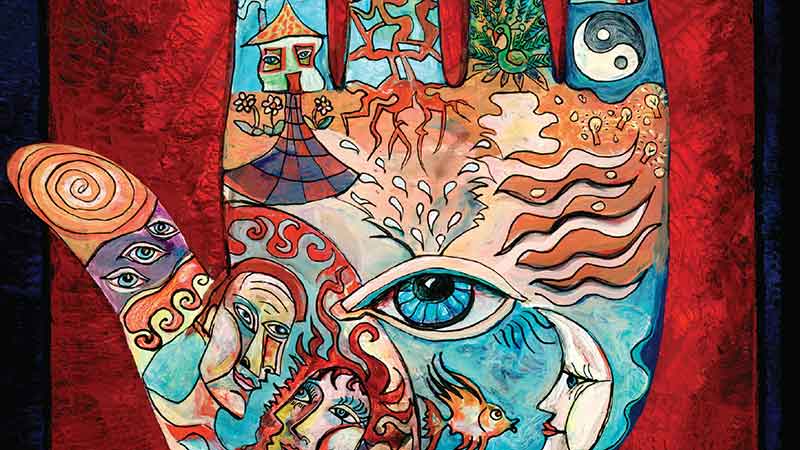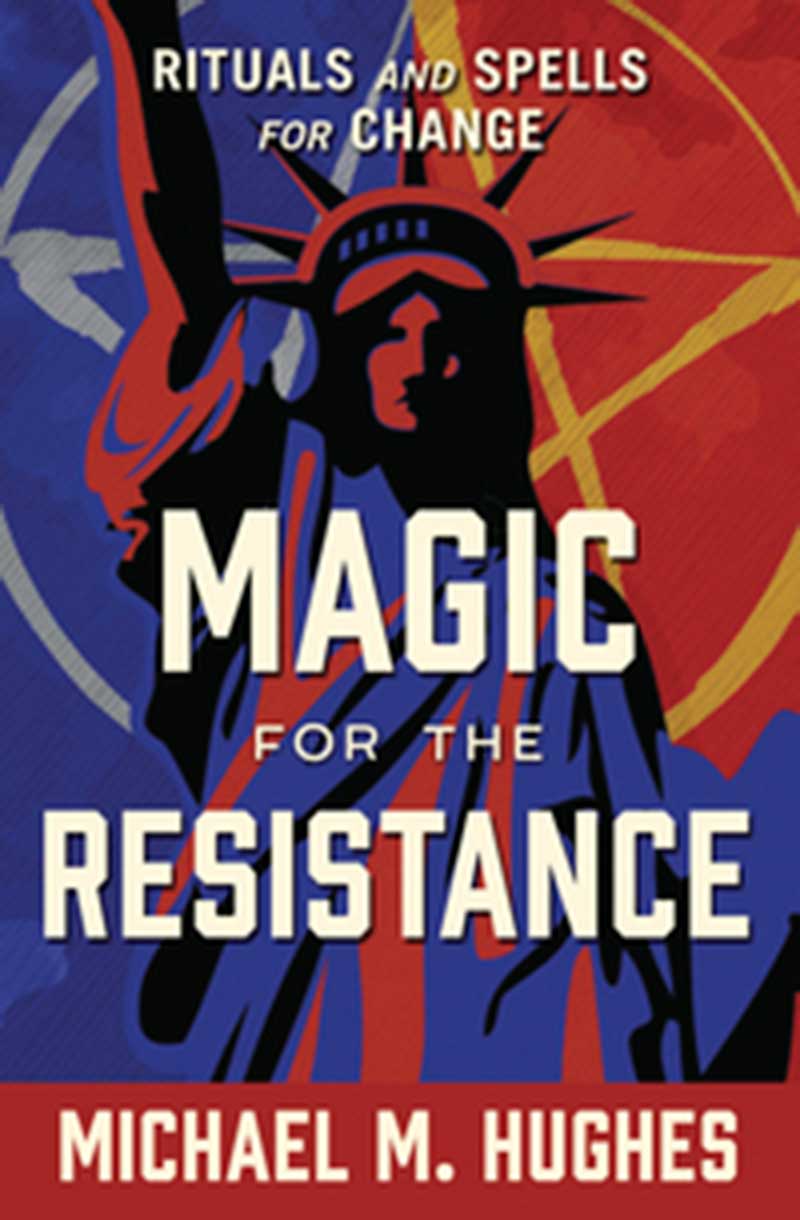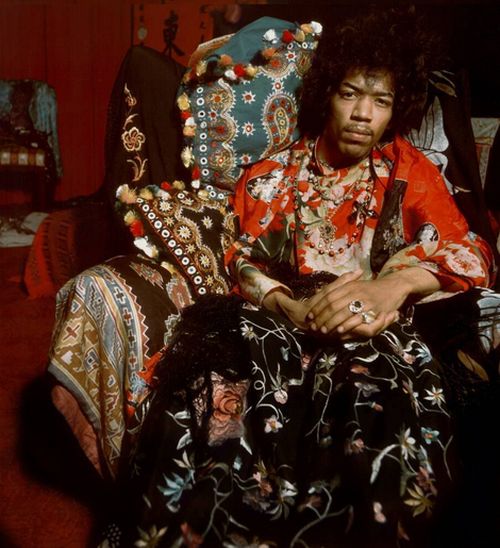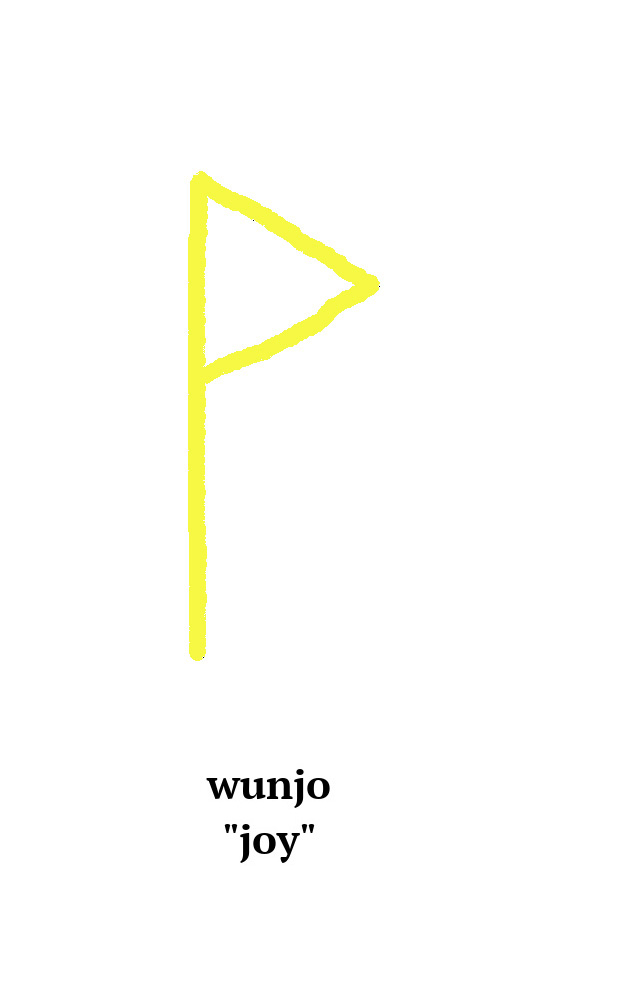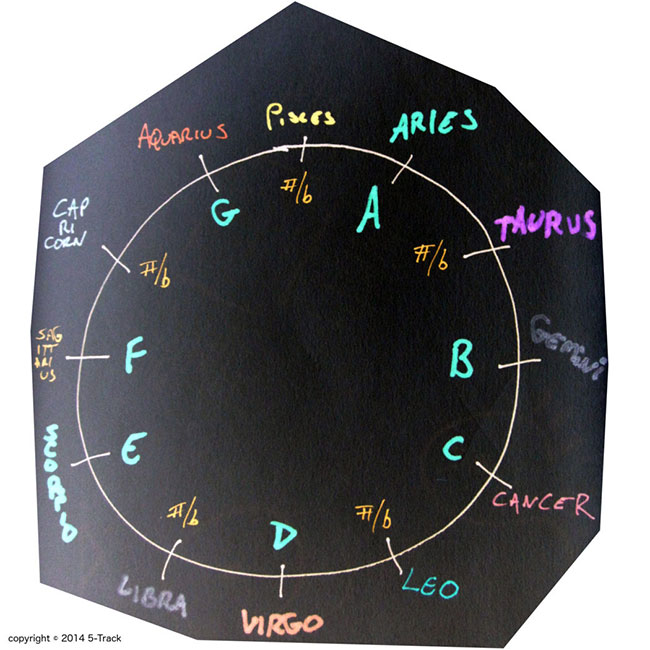Three more ways to fine-tune your magickal musicianship…
~ Transliterization ~
a) Select a piece of writing. Yours or someone else’s. Write down a dream, pick a newspaper article; cut up your chosen text, if so moved, & reassemble in fresh or arbitrary manner. There are ways to generate source text, in a pinch.
** DO pay attention to topic, this is your statement of intent. Obvious things to work with this week include safety for BIPOC everywhere; protection for those protesting in the streets of our various cities; power to the cause of truth & justice; & defunding the po-po once & for freakin all.
b) Make a list of every word that appears in your text. Make note of words that appear more than once, & of how many times each word appears. Make note, also, of words that rhyme, or which have related meanings.
c) Assign a sound to each word.
Rhyming words may receive similar sounds — the same note in different octaves, for example, or a trill in various keys — or they may not. Words that appear many times — like ‘a’, ‘be’, ‘in’, ‘your’, ‘I’ — might receive root notes or simple chords. Or they may receive punctuative passing sounds, such as pick slides or ghost notes. Words like “freedom”, or “reality”, which may appear only once but which carry powerful resonant meanings, might receive resonantly-meaningful sounds — big open power chords, brief drones or repeating figures. Synonyms or related words (is/be/are, you/your, I/me/me/mine) might be given identical sounds to one another, for simplicity’s sake.
d) Perform. With or without audience. Better still, have someone else perform your piece, if you can find a way to notate it.
Play it with a friend. Record the performance.
The creation of such a piece can be a form of resonance magick. To make it so, designate it as such.
If the text you began with has particular meaning to you — a selection from Ijeoma Oluo’s So You Want To Talk About Race, perhaps; something by Charles Mudede on abolishing cars; a dream you had about post-plague utopia — set the intention that this meaning will be infused in every nuance of your composition, reflected in & broadcast through each & every performance thereof.
If a specific intention is lacking, simply dedicate the composition — best before you begin to compose — to the highest possible ‘good’; to an alignment with your best possible self; to your ancestors (including all musicians/writers/artists who have ever preceded you); those to come after, to whom you yourself are an ancestor; to freedom from suffering for all sentient beings.
(I leave a close examination of the etymology of ‘goodness’ for another time, or never, & assume that we all know what we mean when we say a thing is ‘good’… don’t we?)
In this way, various compositional practices can be elevated out of abstraction & into functionality.
~ The Julian Cope “Stone Circles N You” exercise (“channeling”) ~
“Marijuana / Foolin around in /
Stone circles ‘n’ you” ~ J. Cope
a) Hie thee to a liminal location. Stone circles are great if you have one nearby or are willing to take the time to build one. Chuck Pettis’ Secrets Of Sacred Space is a reasonable guide.
b) If you’re a stoner AND comfortable with the spaces between worlds, toke up. If not, simply tune in by whatever means you prefer.
c) Listen. (Not just with your ears.)
d) A song — or at least, music — may present itself. Cope has spoken about one instance in which music arrived with an instruction that he go home immediately & record it, on pain of death. You know he went home & set down some tracks. Heads up regarding the scale of mystical madness you may be getting your Self into.
e) Write down or record whatever you hear. Notate it, date it, describe the weather & how you feel & whatever else seems relevant, for future reference. (When I don’t do this, I often eventually wish I had.)
This may be thought of as a form of channeling (or, perhaps, ‘shadowing’). Akin to Bob Dylan’s comments on the ghost who gives you a song, then goes away. It may also be thought of as a form of ‘shamanic’ activity, an investigation of liminal borderlands. A visit with other levels, wherein so doing you receive instruction, information, &/or a work of art. Sometimes this will happen in dreams.
You may want to include a question or intention, to be answered or addressed by the “song” you receive. At which time you are edging into divination as well.
“Stone Circles ‘n’ You” by Julian Cope is on this record:
https://www.headheritage.co.uk/merchandiser/item/ECH5/
see also: https://www.youtube.com/watch?v=falVe_vkejE
& — https://www.youtube.com/watch?v=74H2kWmodxE
this book may also be helpful: https://www.goodreads.com/book/show/1700178.Spiritual_Dowsing_
aaaand this one: https://www.headheritage.co.uk/merchandiser/item/TMA1/
~ Neo-Trux-ian Post-Waits-ian acoustical campfire composition ~
* see also Garcia/Hunter circa American Beauty
a) Write a song or songs on acoustic guitar. Suitable for playing on the beach, or around a firepit. Simple verse-chorus-verse is fine, but by no means essential. The point is — don’t beat yourself up trying to write “great songs” — just write a few. If you’re stuck for words, sing “LALALALALA” or “BAHBAHBAHBAHBAH” or “NANOO NANOO” over whatever melody you’ve come up with.
b) Learn your new songs in some other way, on some other instrument, than that on which you wrote them. Try them on electric guitar, keys, drums, marimba, harmonica, dresser drawer & baseball bat, as a vocal solo; a waltz, an odd-time prog epic, a feral percussive chant… Etc.
c) Teach your songs, in their new & unsuspected arrangements, to friends &/or to strangers. Defer to the whims & interpretations of the players.[1]
d) Record or perform.
e) Return to a), composing this time on piano or bass clarinet (etc).
This is a great exercise for loosening up ego-attachment to a particular vision of how one’s work should be presented. There’s nothing wrong with having a vision, or with trying to realize one. But that standard mode of creation can become limiting. To discover new shades of meaning, through others’ interpretations of one’s own work, can be a process of illumination.
In part, this is about allowing one’s Self to relate to one’s own songwriting as raw material instead of blueprint. To perform an interpretation, a creative cover of your own work, instead of being precious about whatever it was you think you heard in your head while smoking weed on the porch.
Roots of this exercise may be found in the presence on “every classic Rolling Stones tune” of one or more acoustic guitars (pointed out to me by Wallace Wysk circa 1992). Sometimes also present on early Bowie. Often heard as symbolic of swashbuckling freedom rock (strummy strummy strumbly strum, for good &/or ill), or in the case of The Stones as a sonic technology of textural goodness. Or, if that’s what the song was written on, or what the frontman could play, & then the ‘arrangement’ was built up around it, see also early Elvis.
& attend as well to Royal Trux — I have read in interviews that every Trux tune is written so that it can be ‘sung around a campfire’, then built up or broke down from there — & Tom Waits: ‘”Alternative sound sources” is the technical way of saying it, which really could be anything — maybe something you found along the side of the road. …hardware stores can be fascinating if you go in there with a mallet!’ (Pitchfork, November 27 2006, interview by Amanda Petrusich).
My favorite Royal Trux lp, Thank You, while most exemplary of this process (I think), is not available on bandcamp, because Virgin Records. But “Deafer Than Blind” off their 3-Song EP will serve as a useful example: https://royaltruxmusic.bandcamp.com/album/3-song-ep
Ditto certain pieces on Pound For Pound and Veterans Of Disorder, both available hither: https://royaltruxmusic.bandcamp.com/
Final edit: 2020-06-07
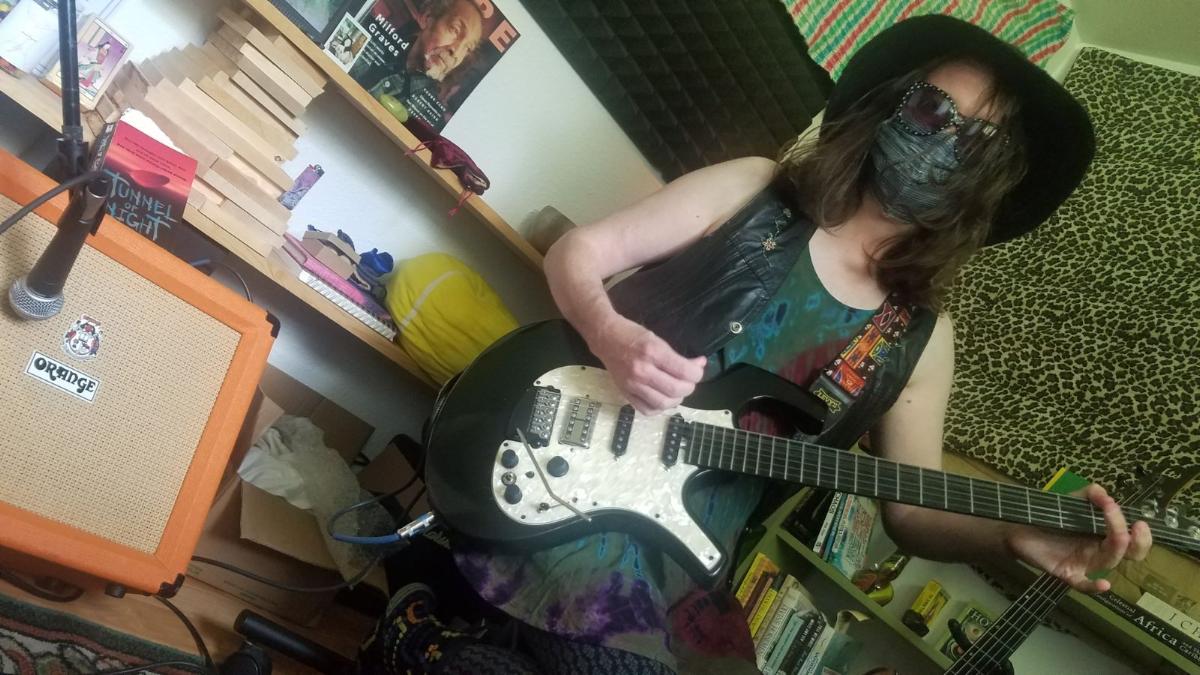
Photo by zlicious
About the Author
5-Track is a fractal nexus.

Photo by zlicious
About the Author
5-Track is a fractal nexus.

